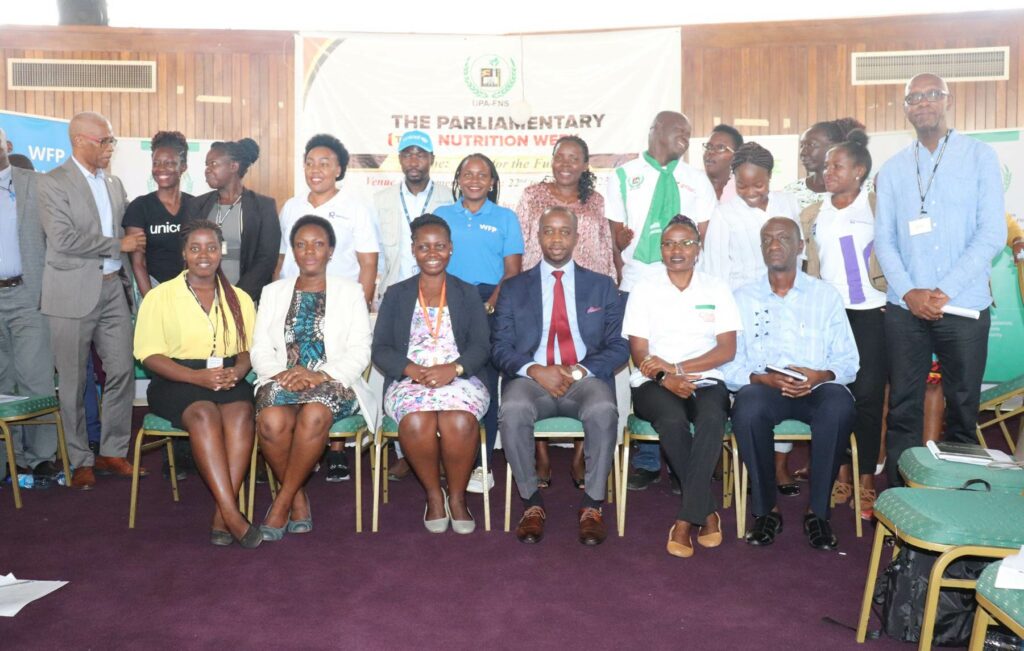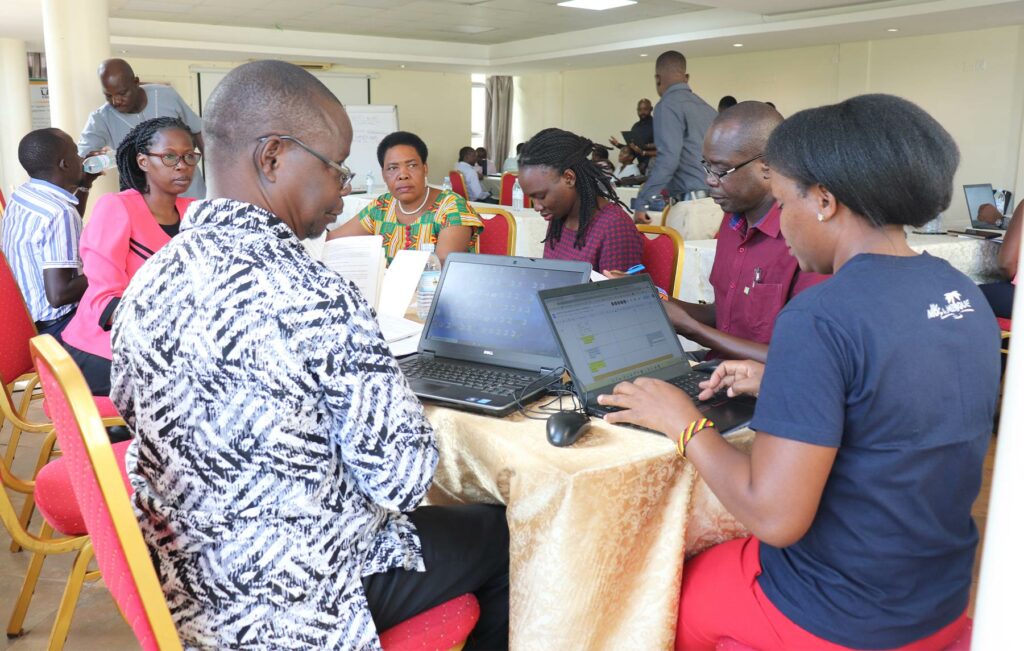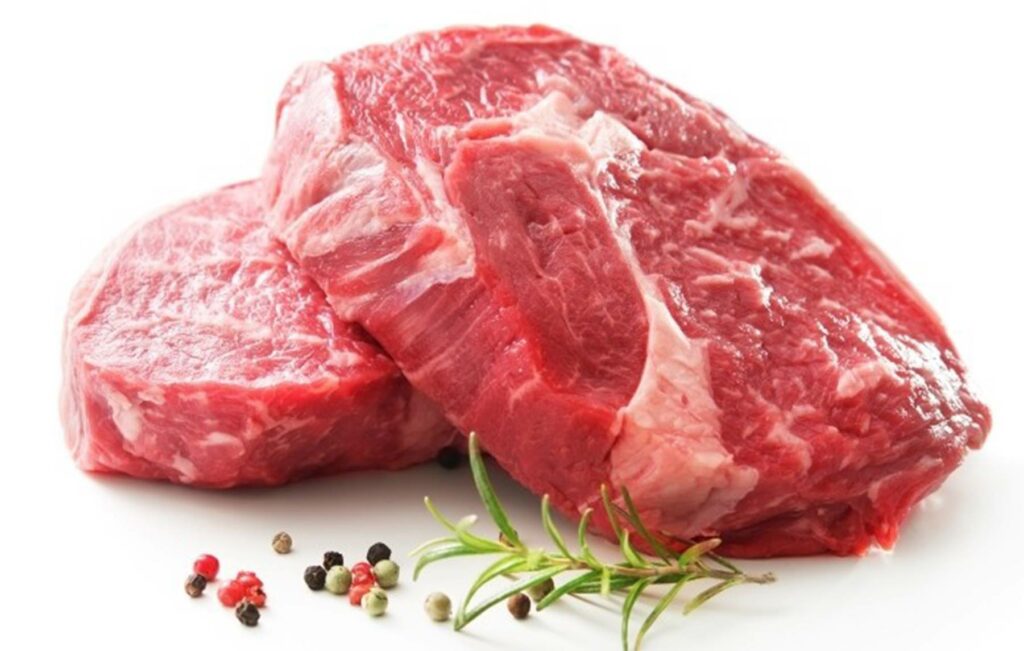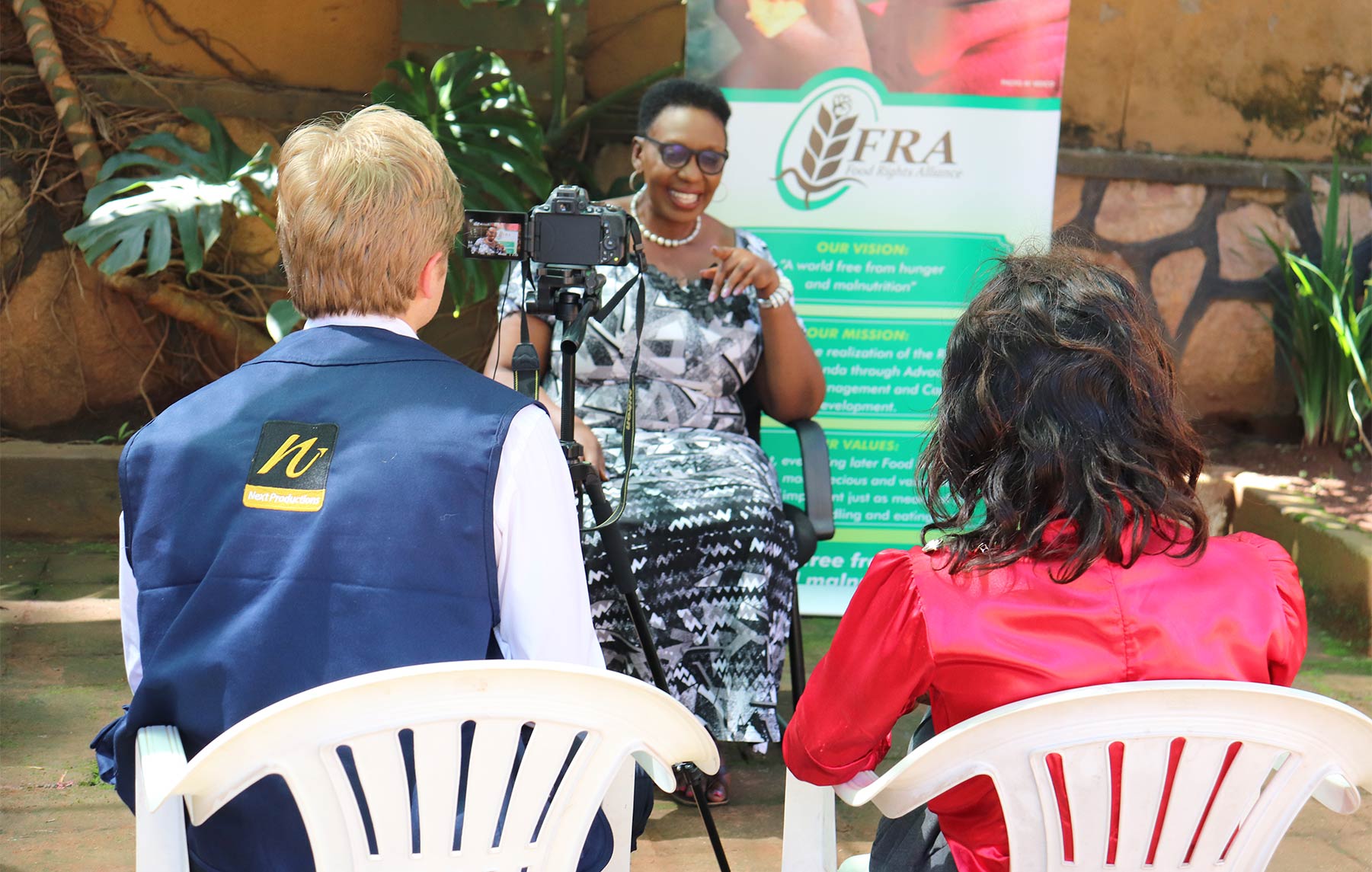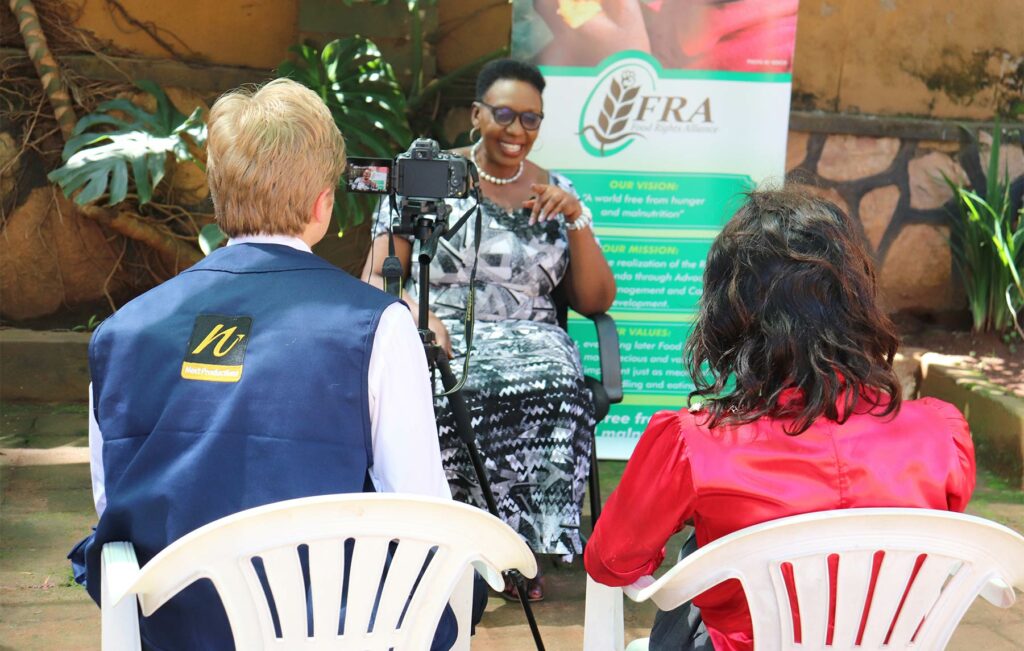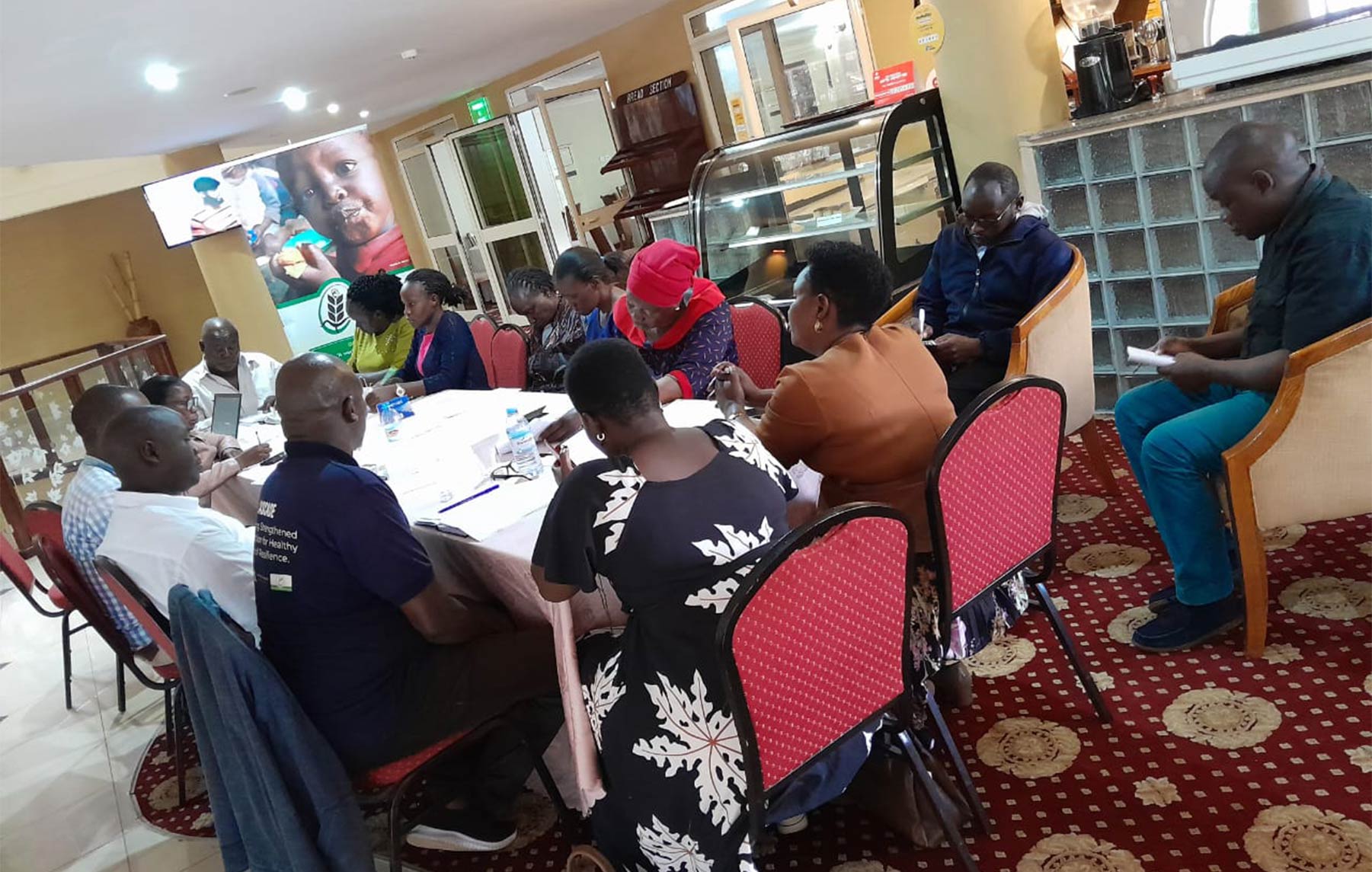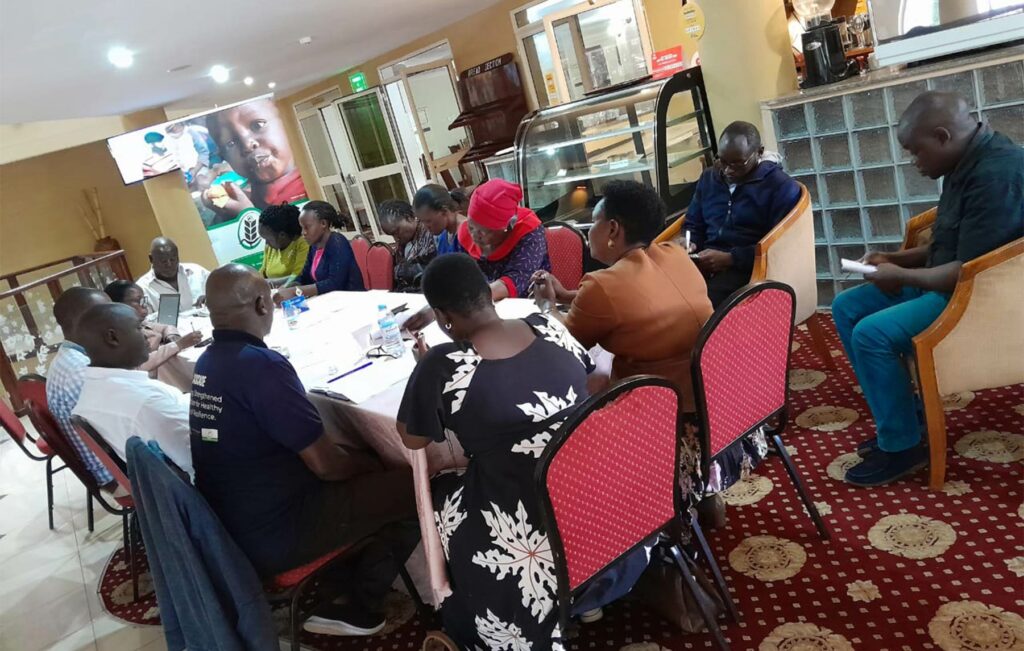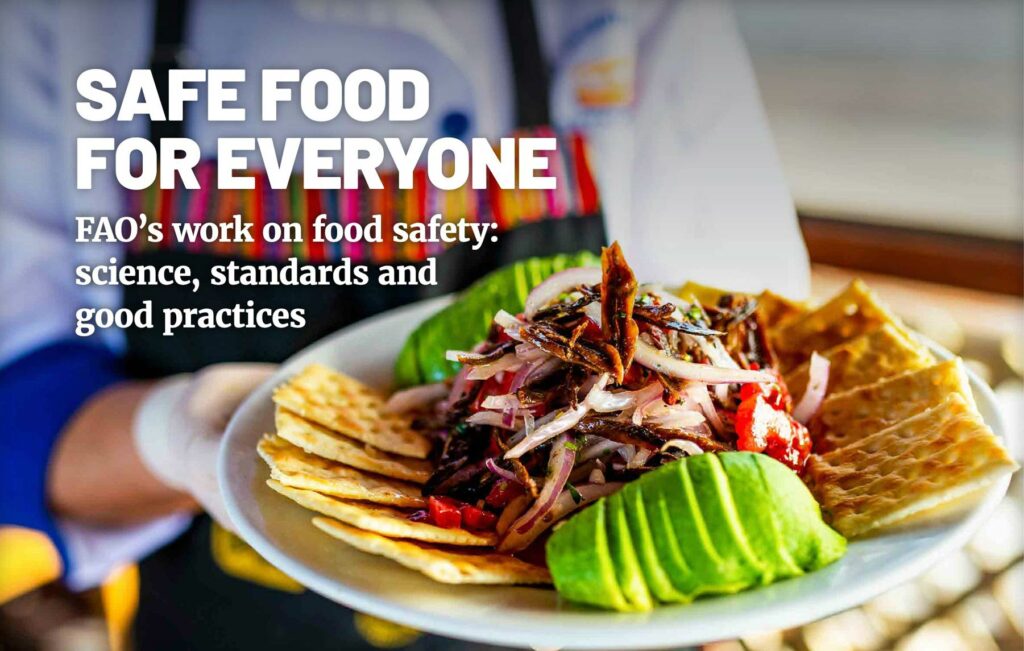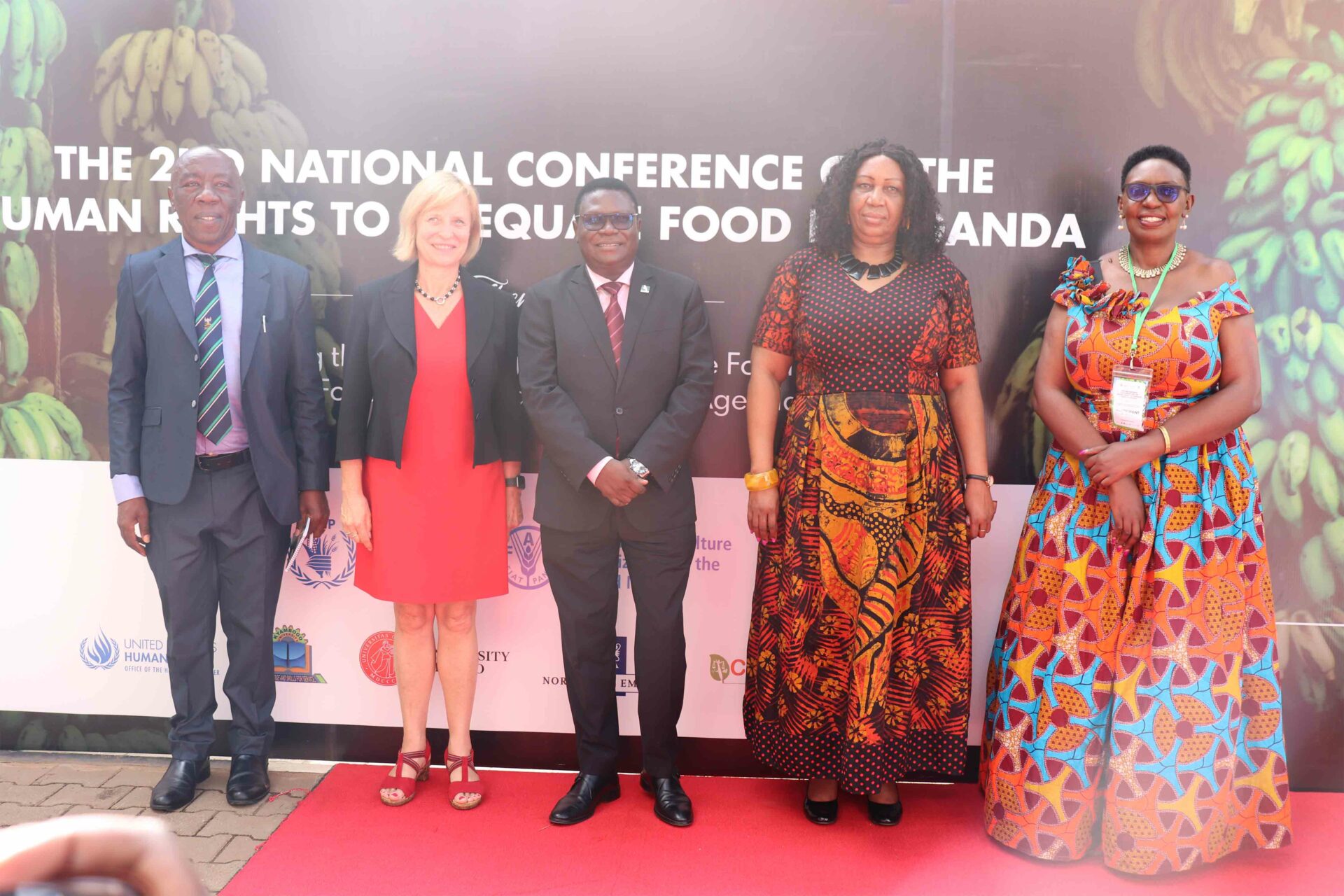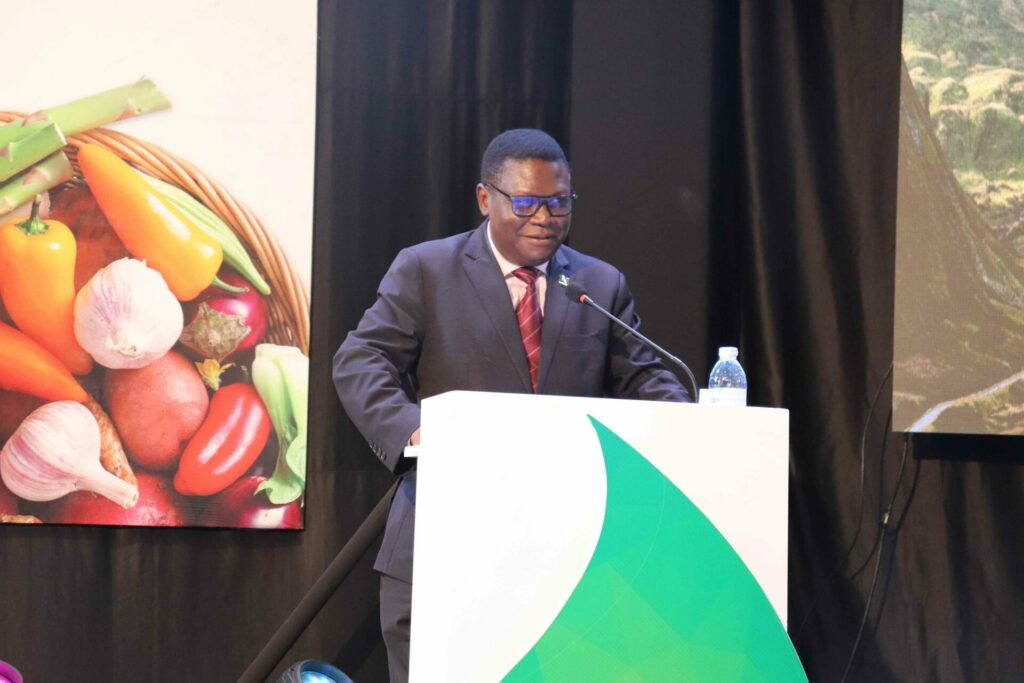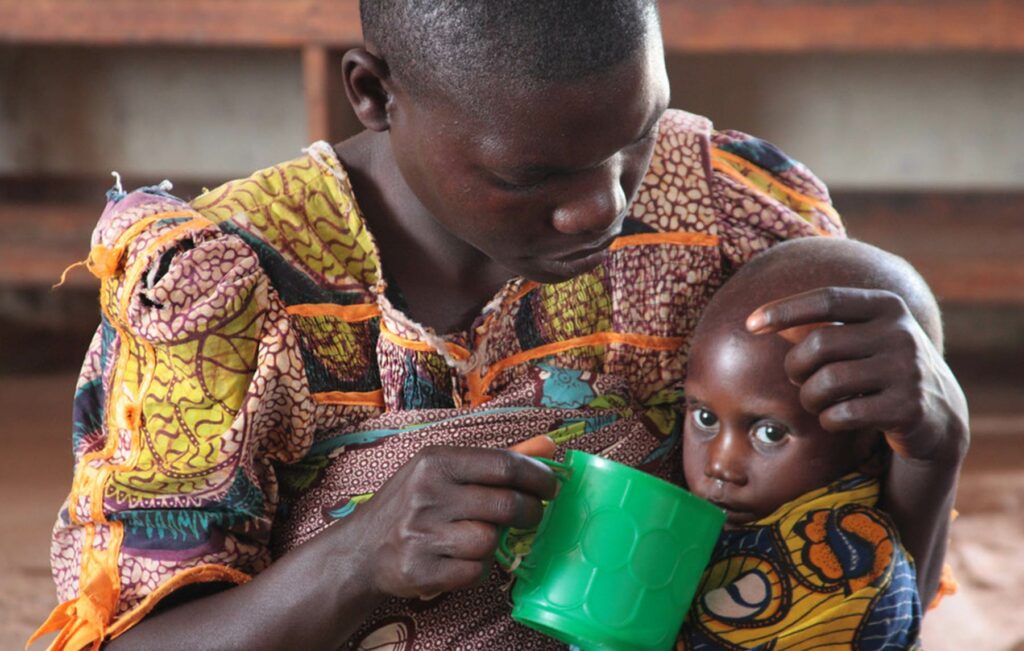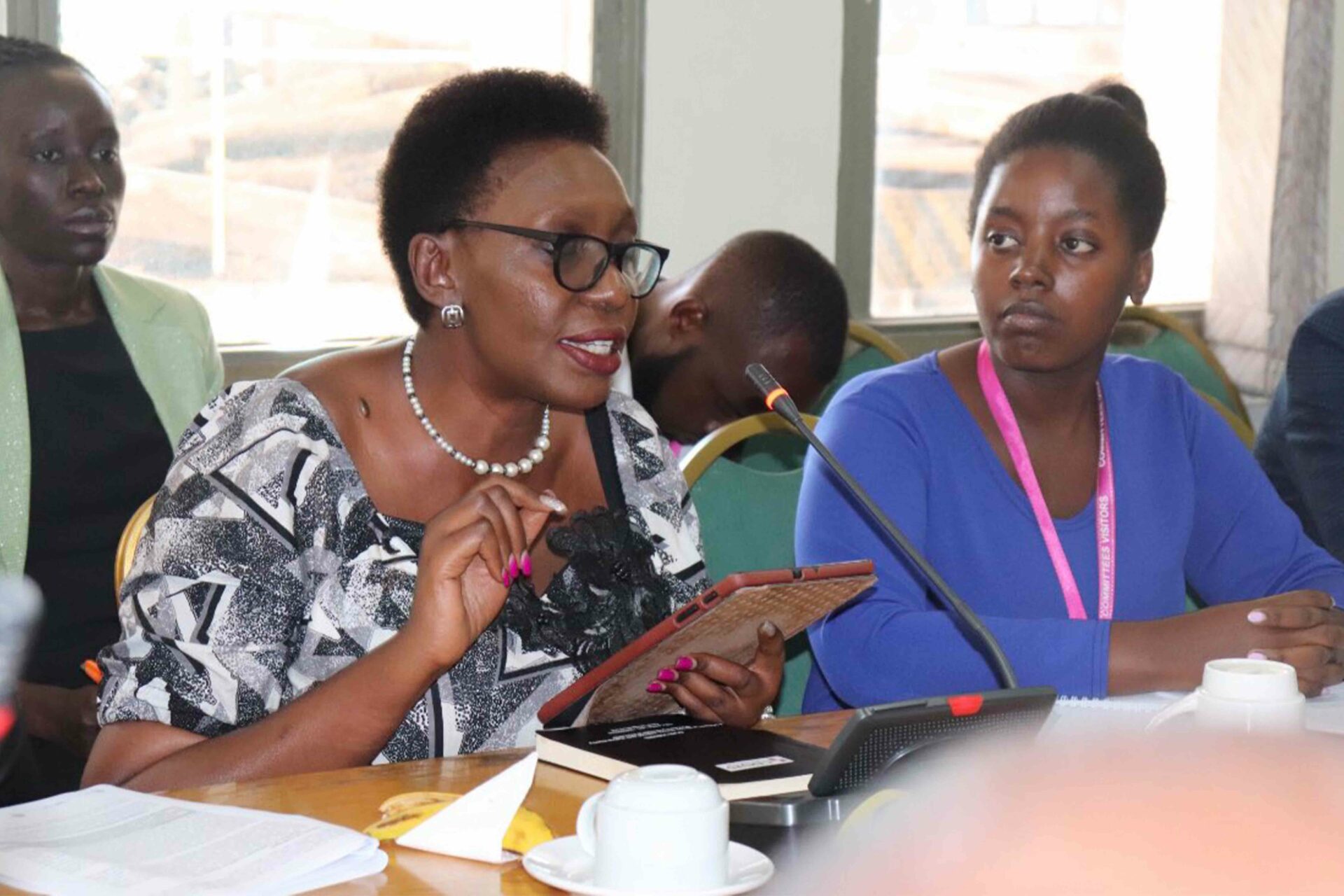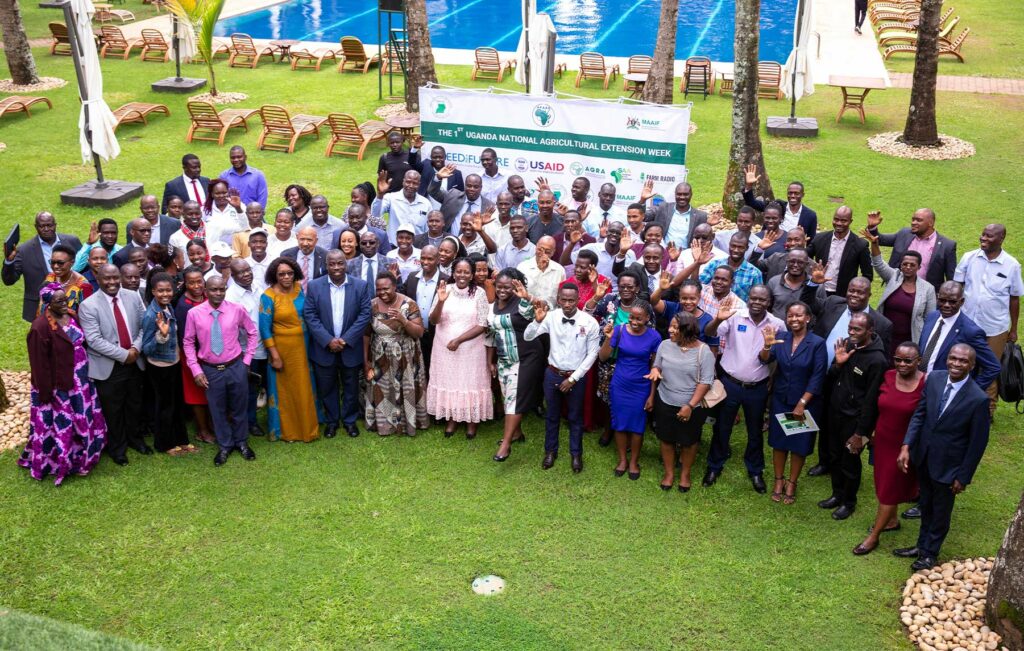
The Uganda National Agricultural Extension Week is an annual event that brings together agricultural stakeholders to discuss and explore innovative approaches to extension and advisory services. The 2023 edition of the event, held at Kabira Country Club in Ntinda from May 23 to 26, centered on the theme of unveiling innovative pluralistic AEAS approaches. The objective was to build actors’ resilience and competitiveness in achieving food security and promoting commercialized agriculture.
The theme of the Uganda National Agricultural Extension Week 2023 emphasized the need for innovative, pluralistic approaches to agricultural extension and advisory services. Pluralistic AEAS recognizes the significance of involving multiple actors such as government agencies, non-governmental organizations, farmers’ organizations, and the private sector to establish a comprehensive and resilient extension system.
Throughout the event, various innovative approaches were unveiled, showcasing the potential of technology, farmer-to-farmer knowledge sharing, and public-private partnerships in strengthening agricultural extension services. Attendees were exposed to cutting-edge technologies, including mobile applications, remote sensing, and data analytics, which have the power to revolutionize the dissemination and accessibility of agricultural information.
The ultimate objective of the Uganda National Agricultural Extension Week was to enhance the resilience and competitiveness of agricultural actors, including farmers, extension workers, and other stakeholders. By equipping them with the necessary knowledge, skills, and resources, the event aimed to empower individuals and communities to adapt to emerging challenges and seize opportunities in the agricultural sector.
The sessions during the event focused on topics such dialogues on the status of agricultural extension and advisory services in Uganda. During this session that was moderated by Agnes Kirabo ED food Rights Alliance, participants engaged in a robust discussion, highlighting both achievements and challenges in the sector. They emphasized the importance of strengthening and expanding these services to enhance agricultural productivity and rural development. The participants recognized the crucial role of agricultural extension in disseminating knowledge, technology, and best practices to farmers. They stressed the need for improved coordination and collaboration among various stakeholders, including government agencies, NGOs, research institutions, and farmers’ organizations, to ensure effective delivery of extension services.
In recognition of her outstanding contributions to the development of agricultural extension and advisory services in Uganda, Ms. Kirabo Agnes Executive director Food Rights Alliance was honored with an award during the event. Her dedication and expertise in the field have played a significant role in advancing the sector and promoting agricultural resilience and competitiveness.
The Uganda National Agricultural Extension Week 2023 was a resounding success. Through it’s theme of unveiling innovative pluralistic AEAS approaches, the event underscored the importance of fostering dialogue, promoting resilience, and enhancing competitiveness in the agricultural sector
By Esther Namirimu
PO Advocacy and communications


